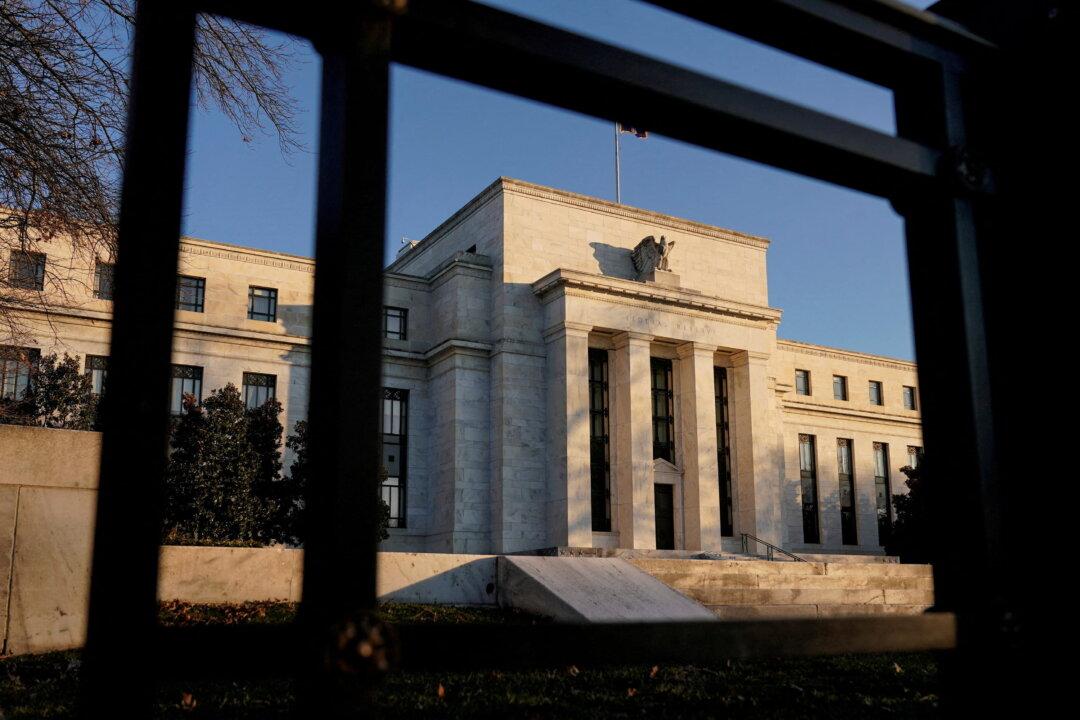The Federal Reserve’s most recent Beige Book report has raised concerns about inflation and a slowdown of the economy, including an impending recession.
The Beige Book—the shorthand name for the Summary of Commentary on Current Economic Conditions by Federal Reserve District—provides an update on economic conditions in each of the Fed’s 12 districts and is released eight times per year.





